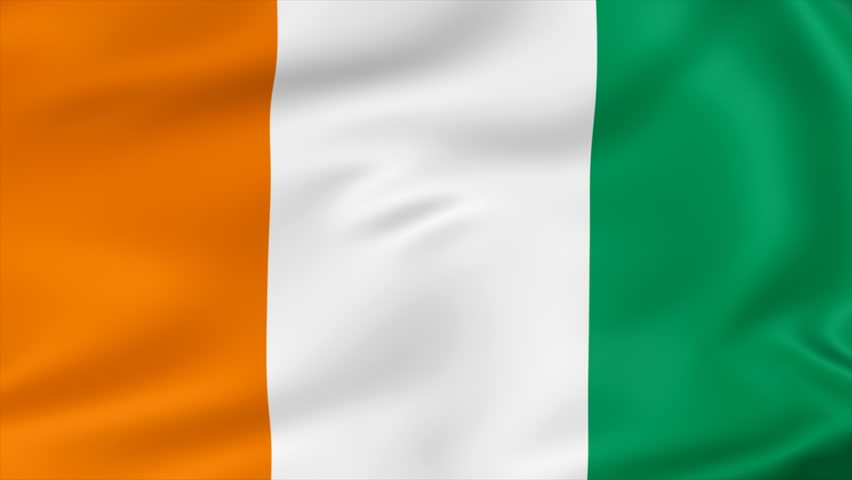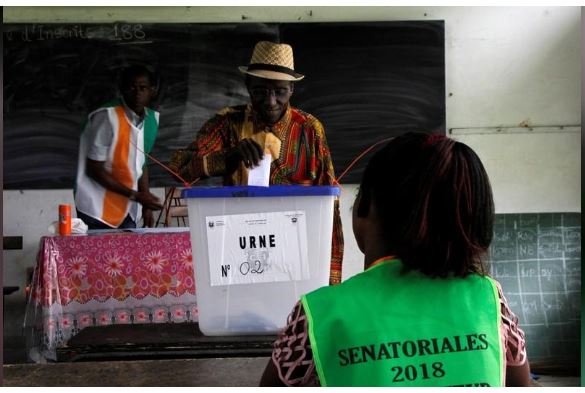Benin and Ivory Coast become the third and fourth countries to withdraw their declaration under Article 34 of the Protocol to the African Charter on Human and Peoples’ Rights on the Establishment of the African Court on Human and Peoples’ Rights (AfCHPR).
Benin announced an end to individual and NGO direct access to the court on March 16, while Ivory Coast did the same on April 21.
Benin’s decision came days after the AfCHPR issued provisional measures ordering both states to avoid the exclusion of opposition candidates from upcoming elections. However, Benin authorities said the country communicated its withdrawal on March 16 way before the court’s decision was made.
However, both countries remain party to the Court’s Protocol. This means that, once the withdrawal takes effect, the Court will still be able to hear complaints against it, but only those submitted by the African Commission, other State Parties to its Protocol and African intergovernmental organisations.
The two countries join Rwanda and Tanzania who officially withdrew their declarations in 2016 and 2019 respectively. The decision by Benin and Ivory Coast was officially announced early this month by the Court’s Registrar, Robert Eno.

“The court expressed concern and deeply regretted the action of the two States. It reiterated its commitment to independence, objectivity and loyalty in the discharge of its mandate,” said Dr Eno who also announced that it will hold its 57th Ordinary Session despite the Covid-19 measures.
“The Court resolved to hold the session virtually from June 1-26, and instructed the Registrar to take all necessary measures to ensure the smooth organisation and conduct of the session,” he added.
Benin and Ivory Coast’s withdrawal will likely mean that only six AU countries will allow individuals and NGOs to have direct access to the Court a year from now. These are: Burkina Faso, the Gambia, Ghana, Malawi, Mali, and Tunisia.
Ivory Coast ‘s withdrawal came directly after an April 22 judgment on provisional measures in which the Court ordered a national court to suspend the arrest warrant of Guillaume Soro, a former rebel leader running for president.
Ivory Coast accused the Court of making a “political decision,” undermining its sovereignty, and “undermining the foundations of the rule of law by creating genuine legal insecurity” by “conferring a certain criminal immunity on someone who wants to be a candidate in the next elections.”

